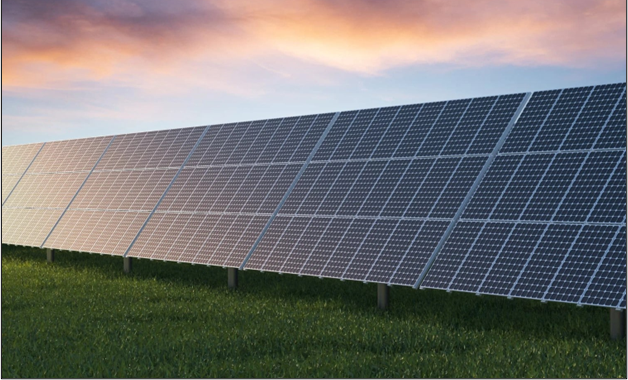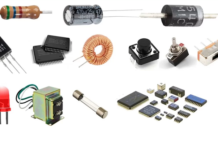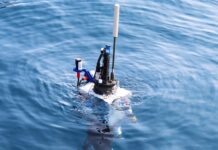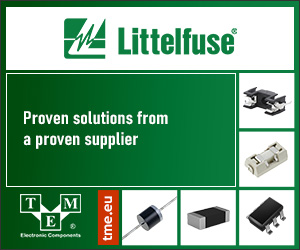
Solar panels have become increasingly popular as a clean and sustainable source of energy. They harness the power of the sun to generate electricity and have a reputation for being environmentally friendly and cost-effective. However, if you’re considering investing in solar panels for your home or business, one of the most crucial questions you may have is: How long do solar panels last? In this comprehensive guide, we will delve into the factors affecting the lifespan of solar panels, maintenance practices, and what you can expect in terms of longevity and performance.
Understanding Solar Panel Lifespan
Solar panels are built to last, but their lifespan can vary based on several factors. On average, a well-maintained solar panel system can last for 25 to 30 years or even more. However, it’s important to note that solar panels do not simply stop working after this time frame. Instead, their efficiency gradually decreases over the years. The industry standard for solar panel warranties typically guarantees a certain level of performance (usually around 80-90% of their initial output) over a specified number of years, often 25 to 30 years.
Factors Affecting Solar Panel Lifespan
Several factors can influence how long solar panels will last:
1. Quality of Manufacturing:
The quality of the materials used and the manufacturing process significantly impact a solar panel’s lifespan. High-quality solar panels are built to withstand harsh weather conditions and have a more extended lifespan.
2. Weather and Environmental Conditions:
The geographical location of your solar panels plays a crucial role in their longevity. Panels in areas with harsh weather conditions, such as extreme heat or cold, may experience more wear and tear over time. Additionally, exposure to pollutants, saltwater, and other environmental factors can affect the panels’ durability.
3. Maintenance and Cleaning:
Regular maintenance and cleaning can extend the lifespan of your solar panels. Dust, dirt, leaves, and bird droppings can accumulate on the panels, reducing their efficiency. Keeping them clean and free from debris is essential.
4. Inverter Lifespan:
Inverters are an integral part of a solar panel system as they convert DC electricity generated by the panels into AC electricity for use in your home. Inverters typically have a shorter lifespan than solar panels, often around 10 to 15 years. Replacing the inverter during the system’s lifespan may be necessary to maintain optimal performance.
5. Shading and Obstructions:
Shade from nearby trees, buildings, or other obstructions can reduce the efficiency of your solar panels. To maximize their lifespan, it’s essential to ensure that the panels receive as much sunlight as possible.
6. Manufacturer’s Warranty:
The manufacturer’s warranty is an important indicator of a solar panel’s expected lifespan. High-quality panels often come with longer warranties, indicating the manufacturer’s confidence in their product’s durability.
Extending Solar Panel Lifespan

To ensure your solar panels reach their full lifespan potential, consider the following practices:
1. Regular Cleaning:
Cleaning them with a soft brush or a hose can help remove dirt and debris.
2. Scheduled Maintenance:
Schedule regular inspections and maintenance checks with a qualified technician. They can identify and address any issues before they become major problems.
3. Trimming Trees and Obstructions:
If trees or other structures are shading your panels, consider trimming or removing them to maximize sunlight exposure.
4. Monitoring Performance:
Many modern solar panel systems come with monitoring software that allows you to track their performance. Keep an eye on your system’s output and consult a professional if you notice a significant drop in production.
5. Inverter Replacement:
If your inverter reaches the end of its lifespan, replacing it promptly will help maintain the overall efficiency of your solar panel system.
What Happens When Solar Panels Reach the End of Their Lifespan?
When solar panels reach the end of their expected lifespan, it doesn’t mean they suddenly stop working. Instead, their efficiency gradually declines, and they produce less electricity. This decrease in efficiency can be a sign that it’s time to consider replacement or an upgrade to a more efficient system.
Older solar panels can still generate electricity, but their reduced output may not meet your energy needs. At this point, you may choose to replace them with newer, more efficient panels to maintain or increase your energy production.
Recycling and Sustainability
As the adoption of solar panels continues to grow, the issue of recycling and disposal of old panels becomes increasingly important. Solar panels contain materials like glass, aluminum, and silicon, which are recyclable. Proper recycling helps reduce the environmental impact of outdated panels and promotes sustainability.
Many solar panel manufacturers and organizations are actively working on recycling programs to ensure that end-of-life panels are responsibly disposed of or repurposed. When considering solar panels, inquire about the manufacturer’s recycling initiatives to support a more sustainable approach to solar energy.
Conclusion
Solar panels are a long-lasting and sustainable energy source with an average lifespan of 25 to 30 years or more. Their longevity is influenced by various factors, including quality, environmental conditions, maintenance, and more. To ensure your solar panels reach their full lifespan potential, adopt good maintenance practices and keep an eye on their performance.
As the solar industry continues to evolve, advancements in technology and recycling initiatives will likely lead to even more sustainable and long-lasting solar panel systems. Investing in solar panels not only reduces your carbon footprint but also provides a reliable source of clean energy for decades to come, making them a worthwhile addition to any home or business.



















